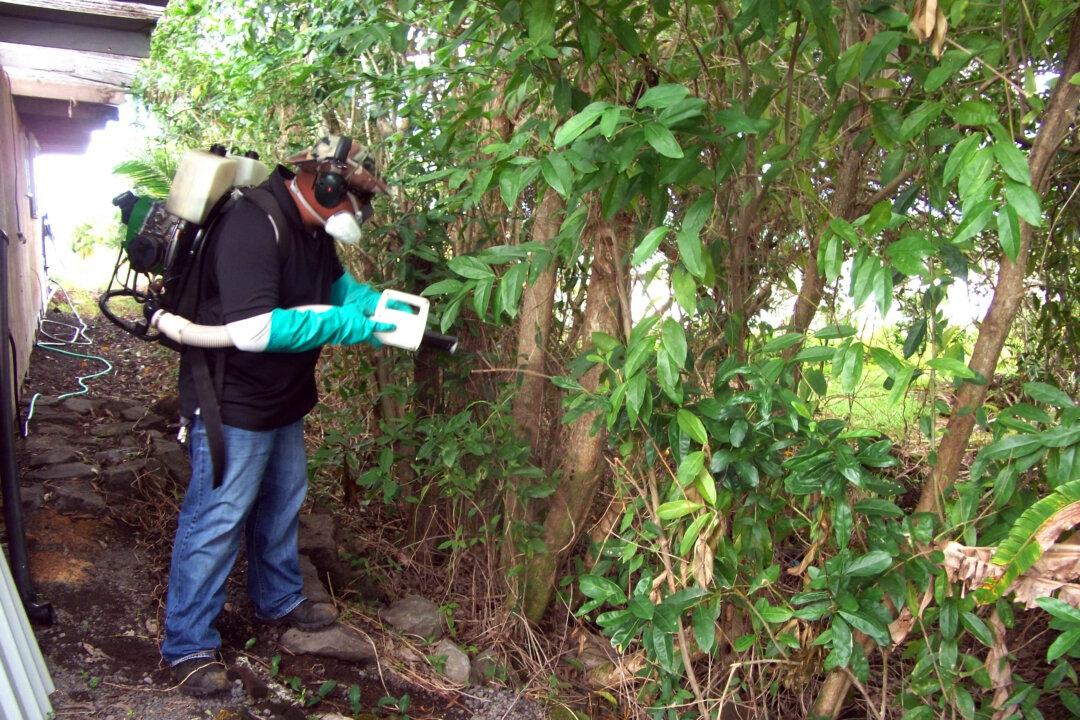Insecticides are chemicals used to kill mosquitoes, ants, flies, fleas, and other insects. Will this substance that can kill mosquitoes be harmful to our body? Practicing the following four precautionary habits will give you peace of mind when using insecticides, as the weather warms and bugs start to fly.
Many people are so frightened when they discover cockroaches indoors that they spray the insecticide on them until they are dead. Some people may have lots of planters around their yard, and regularly and excessively spray insecticides all over their yard to eradicate the mosquitos.





